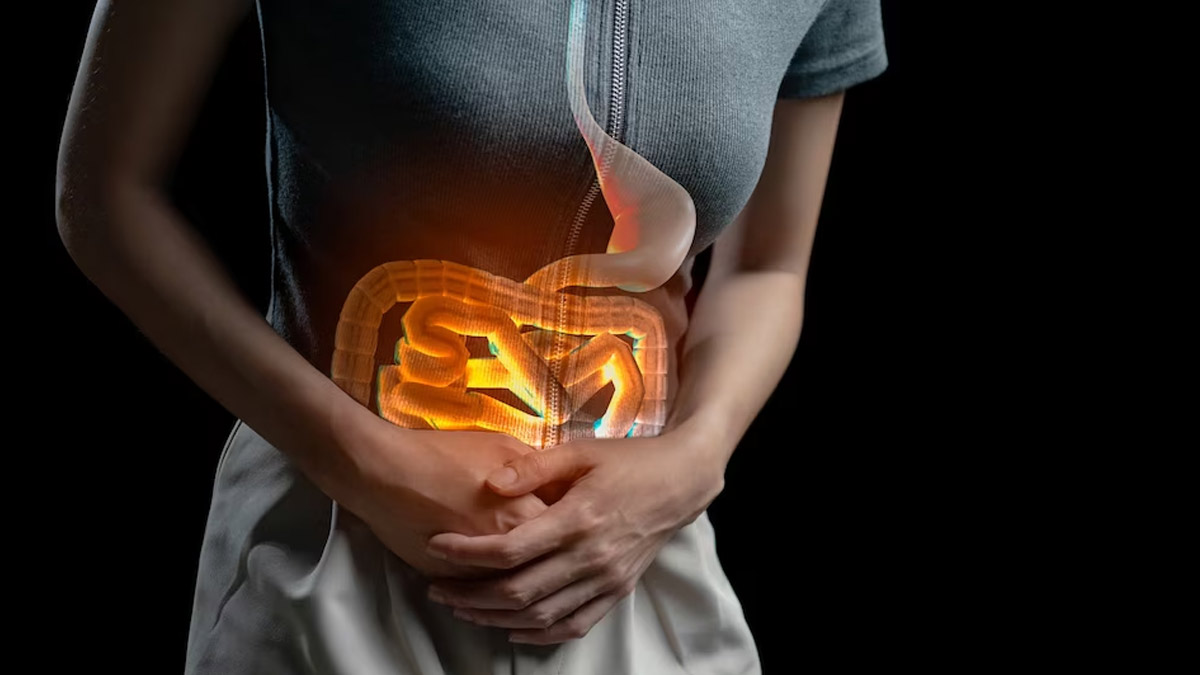
Spices play a crucial role in Indian cuisine. It adds depth, flavour, and aroma to dishes and also enhances appetite. Traditionally, many Indian spices have also been used for their medicinal properties. Turmeric, for example, contains curcumin, a compound known for its anti-inflammatory and antioxidant properties. While some spices can also aid digestive health, some individuals may experience stomach discomfort or a burning sensation after consuming spicy foods. In an interaction with the OnlyMyHealth team, Dr Vibhu Mittal, Associate Director, Gastroenterology, Hepatology and Endoscopy, Max Super Speciality Hospital, Patparganj, discusses the impact of spices on digestive health and what to about stomach problems associated with it.
Table of Content:-
Also Read: How To Eat Your Nuts For Maximum Benefits
Impact Of Spices On Gut Health

“Spices were initially thought to be responsible for gastric ulcers and acidity. However, in the later part of the 20th century, it was proven that spices per se do not cause ulcers,” said Dr Mittal. In fact, according to a study published in the World Journal Of Gastroenterology, the consumption of certain common spices in food and the intake of herbal supplements may help the fight against peptic ulcer disease in humans.
But this is not to say that spices or spicy food do not have a negative impact on gut health. Here are a few reasons why spices can sometimes contribute to stomach burn:
Capsaicin
Capsaicin is a compound found in chilli peppers and is responsible for the spicy heat. It can irritate the lining of the stomach, leading to a burning sensation or discomfort, particularly if consumed in large quantities or by individuals with sensitive stomachs.
Acid reflux
Spicy foods can trigger or worsen symptoms of acid reflux or gastroesophageal reflux disease (GERD) in some individuals. Spices can relax the lower esophageal sphincter (LES), allowing stomach acid to flow back into the oesophagus, resulting in heartburn or a burning sensation.
Gastric irritation
Spices, especially in excessive amounts, can irritate the stomach lining directly, leading to a burning or uncomfortable sensation.
Who Should Avoid Having Spices

Dr Mittal said, “If someone is prone to indigestion, ulcers, upper abdominal discomfort, reflux symptoms, spices will definitely make it worse.” According to the doctor, spices are broad terms and the majority of the impact is caused by chilies and capsaicin. There are other spices that may be neutral to these effects.
Also Read: What Your Bowel Movement Reveals About Your Gut Health
What To Do To Relieve Spice-Triggered Stomach Burn

If somebody has a stomach burn or chest discomfort, it is called retrosternal burn or reflux disease. “Instant relief can be achieved by taking some neutrals like cold milk, antacids, chewable antacid tablets or digene syrups. They are helpful in immediately preventing or taking care of the symptoms,” Dr Mittal noted.
If you experience stomach burn or discomfort after consuming spicy foods, it may be helpful to:
- Reduce the amount of spice used in your meals or opt for milder spice variations
- Eat smaller portions and avoid eating spicy foods on an empty stomach
- Identify specific spices or ingredients that trigger your symptoms and avoid or limit their consumption
- Discuss your symptoms with a healthcare professional
Bottomline
While some individuals may experience temporary discomfort from spices, others may enjoy their benefits without any adverse effects. Moderation and listening to your body's response can help you find a balance that suits your individual tolerance.
Also watch this video
How we keep this article up to date:
We work with experts and keep a close eye on the latest in health and wellness. Whenever there is a new research or helpful information, we update our articles with accurate and useful advice.
Current Version